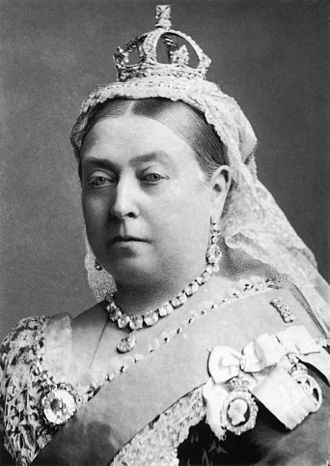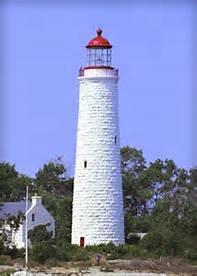
My little home town was dying, as I was born.
The word that I want to discuss, is
Jubilee
the celebration of any of certain anniversaries, as the twenty-fifth (silver jubilee), fiftieth (golden jubilee), or sixtieth or seventy-fifth (diamond jubilee).
the completion of 50 years of existence, activity, or the like, or its celebration:

IN THE BEGINNING,
among other things, my home-town was a Great Lake port. A dock was built, almost a mile out into Lake Huron, to an island, to provide calm moorage. Small, sail-powered lake freighters brought wheat from the prairies, iron ore and timber from Northern Ontario. Before the existence of the Saint Lawrence Seaway, these goods were shipped by train to the Toronto area, below Niagara Falls.
The availability of cheap lumber encouraged the establishment of three furniture factories, and later, a plywood plant. There was money to be made – money to be had, and local tax revenues allowed the town to pay for many civic projects. Even today, it is the smallest town in Ontario, with a hospital.
In 1897, Queen Victoria celebrated her 60th anniversary as ruler of the Empire – her Diamond Jubilee. The town had recently foreclosed and seized the property of a sulkie racetrack, half a block wide, and two blocks long, just above the downtown area. Some namby-pamby toph who had not done market research, found that he couldn’t get enough paying customers from dock-wallopers, train crews, and factory workers. They might have watched horses that actually ran, but not swishy ones that only trotted, and dragged a cute little cart behind them.
The town filled in the track and manicured a baseball diamond and outfield. They put up a safety screen behind home plate and built a set of wooden stands. The 8-foot whitewashed wooden fence and ticket gates from the racetrack remained. To honor Victoria, and her achievement, they named it
Jubilee Park.
Then, times and technology changed. Lake freighters became larger, built of steel, and motor-powered. They could steam all the way to the mouth of the Niagara River, and the now-common trucks could move freight faster and cheaper. It is well for the town that, as its freight industry died, the tourist industry burgeoned. There are more summer cottages, paying year-round taxes, than there are residents’ homes. Still, the bloom was off the rose.
By the time I was born in 1944, the plank seats of the bleachers had become wowed, dried and splitting. As a child, for years, I wondered about the purpose of a decrepit, cabin-like construction beneath one end of the bleachers. When I finally thought to ask, I was told that it was a long-extinct concession booth.
Later, smaller, steel-framed stands were built down the first- and third-base lines. Perhaps being too lazy to walk any distance, many men parked right behind these stands. Many a pop foul sailed over the bleachers, to dent fenders and break mirrors and windshields. The attraction of small-town softball is long gone. The town has built a children’s playground in what used to be the parking area. I have not been back in years, but it would not surprise me to find that USB ports have been added, to recharge kids’ electronic devices.
Time relentlessly marches on, but us old-timers can only shuffle along, muttering, “Remember when?”